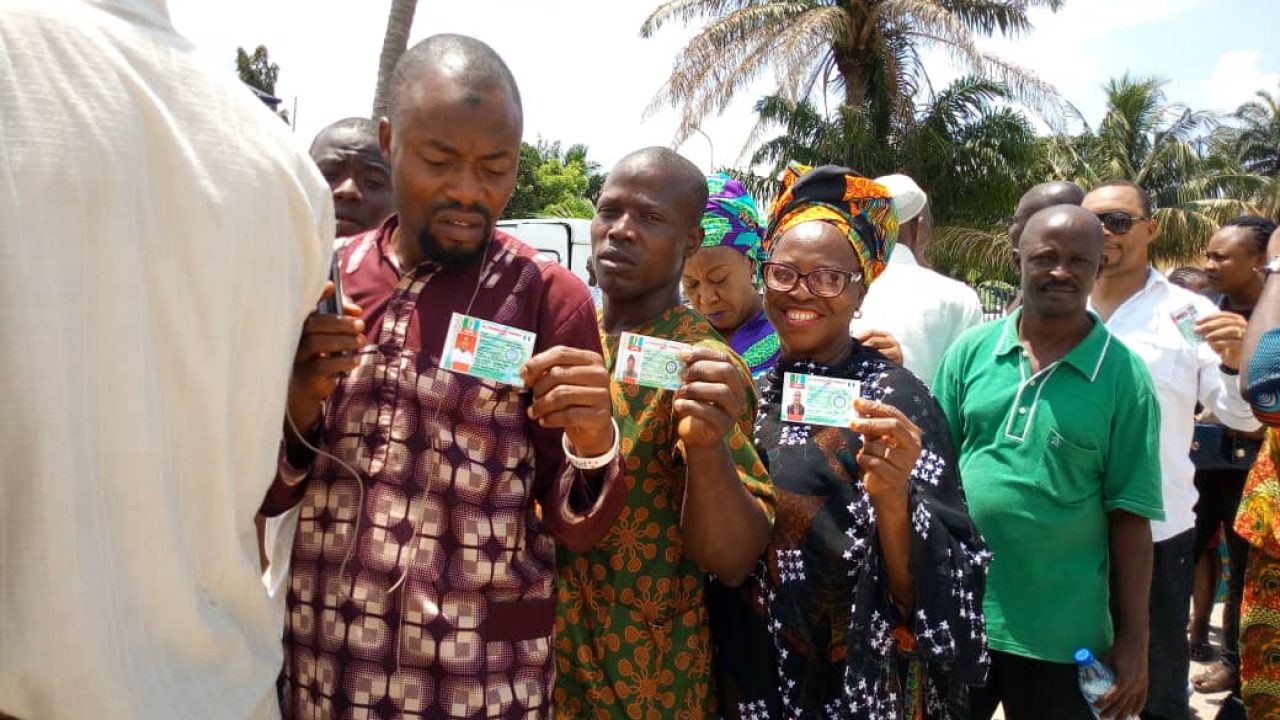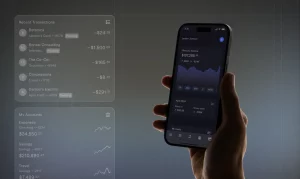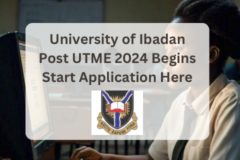Last week, Google launched the Nigeria Elections Trends Hub to support the West African country’s presidential election, which is set to take place in 37 days. In a press release shared with TechCabal, the company stated the Nigeria Elections Trends Hub will empower voters. However, the portal only seems capable of catering to the candidates being voted for.
The hub uses maps and graphs to compare the popularity of presidential candidates and discover trending searches about them and their parties. Speaking about the tool, Taiwo Kola-Ogunlade, Google’s communications and public affairs manager for West Africa, said, “We’re empowering voters so that they are not simply watching from afar, but participating, engaging with, and shaping the political process in a democratic way.” But it’s difficult to see how the hub empowers the everyday Nigerian voter, given that it seems more likely to contribute to the popularity of the candidates than to defend or advance the rights of the average Nigerian voter.
A tool for the business of politics
The Elections Trend Hub is hosted by Google Trends, and they function identically.
Google Trends is a tool that informs the advertisement campaigns of small to big businesses for high engagement and effective cost planning. It uses graphs to compare the search volumes of different queries over time and analyses their popularity across various regions and languages. Website publishers use it to write about trending topics that can drive traffic to their sites (search engine optimisation and content marketing). In the same vein, the Elections Trend Hub presents data that can inform the marketing campaigns of political parties and drive the popularity of their candidates. Media publishers and content creators who need to stay on top of trends during the election season can also use them to drive their content strategies. From all indications, the Nigeria Elections Trend Hub serves the interest of contesting politicians, not voters, but it is being marketed as voter-focused instead.
However, Google does have some voter-centered technologies. Voters in Africa face problems such as misinformation and disinformation, censorship, internet shutdowns, physical violence, cyberattacks, etc. Google has a few tools to try to solve these problems, preserve the democratic rights of voters, and empower voters to use them.
Google for voters
Google has a project called Protect Your Democracy, which offers free tools that aim to protect public access to the free and open web, protect voters’ personal information from cyber theft and abuse, and protect their well-being as they participate in election-related activities online. The tools in the project include Outline, Intra, Project Shield, Perspective, and Fact Check Explorer.
The Outline tool
Google’s tool, Outline, protects users from state-mandated internet shutdowns.
During political contestations, such as protests or elections, governments typically shut down internet services. In 2021, 12 countries cut internet access 19 times in Africa. This includes Zimbabwe, Ethiopia, Chad, Sudan, Cameroon, and Nigeria.
Nigeria has not experienced a nationwide internet shutdown; however, in 2021, the government blocked its citizens’ access to the social media platform Twitter after the platform deleted a tweet by President Muhammadu Buhari, claiming it was in violation of Twitter rules. Prior to that, the government had been threatening citizens with social media regulation after Twitter played a central role in the EndSars protest. The Twitter ban lasted for about seven months, during which users were only able to access the platform using Virtual Private Network (VPN) apps.
Outline makes it easy for anyone to create their own VPN and bypass internet shutdowns. It also has independently audited security controls and strong encryption to help keep communications private.
Intra and Project Shield
Intra and Project Shield are tools that can empower voters by protecting their access to information during the election period.
Intra is an Android app that aims to prevent Domain Name Server (DNS) manipulation, a form of cyberattack that can be used to block websites and steal people’s information. Project Shield is a free service that protects websites that monitor the news, human rights, and elections from distributed denial-of-service (DDoS) assaults.
During elections, DDoS can be used to take down websites like election monitoring websites that offer vital election information such as live reports of vote counts. Last year, Nigeria’s Independent National Electoral Commission (INEC) reported that its result-viewing portal was unsuccessfully attacked by hackers during the recent governorship elections in Ekiti and Osun states. In another West African country, Ghana, the electoral commission website also experienced a cyber assault. The hackers were reportedly attempting to put up fake results.
The assaults that journalists experience during politically sensitive periods are not only physical. Several have reported experiencing cyberattacks that rendered their websites inaccessible for hours after publishing reports that pose threats to their governments. HumAngle claims that it experienced something similar after it published a report that disputed what the military claimed happened during the #EndSARS protest in Nigeria.
Project Shield provides resilience to such important websites to keep them online for access by voters in spite of attacks. It uses Google Cloud Armor to deliver unlimited defence against any sort of cyberattack that shuts down websites in order to suppress content.
Fact Check Explorer
Google is also striving against misinformation and disinformation, which become rampant during elections. The Fact Check Explorer works just like Google search. It allows you to search for topics, events, or statements that have been fact-checked. For example, you can search for a politician’s statement and see if a fact checker or journalist has determined that they actually said it or if it was fabricated information or a parody. You can search for anything, from specific topics to full politicians’ quotes.
The Fact Check Explorer is not a part of Google’s Protect Your Democracy project, so Google doesn’t endorse any of the published fact checks. However, any fact-checker, journalist, or researcher can publish their claim reviews using Google’s Fact Check Markup Tool. If you publish a web page that reviews a claim, you can use the Fact Check Markup to enable a summarized version of it to pop up when people search for it.
Perspective
Online harassment peaks around elections and silences influential voices in discourse, pushing those who are already excluded offline. Social media content and conversations are increasingly contributing to election violence, and social media platforms like Facebook have come under fire for inadequate moderation of content that has been directly linked to politically motivated violence in African countries.
Perspective is a tool for conversation moderation that can assist moderators in removing offensive or abusive remarks while fostering productive discourse without stifling free expression. The self-serve API can assist publishers and developers to facilitate safer online dialogues on their platforms by utilising machine learning to identify toxic language.


















